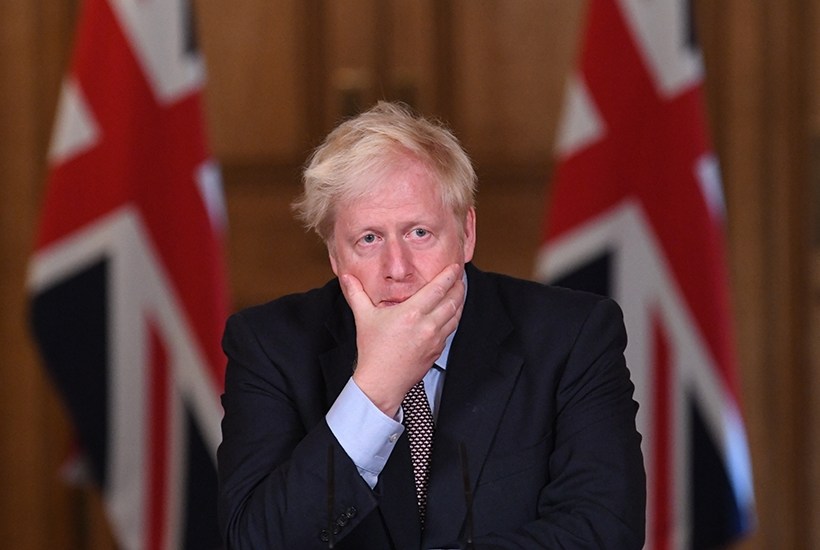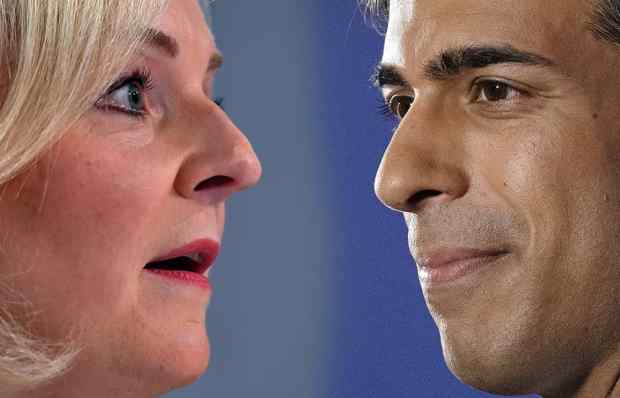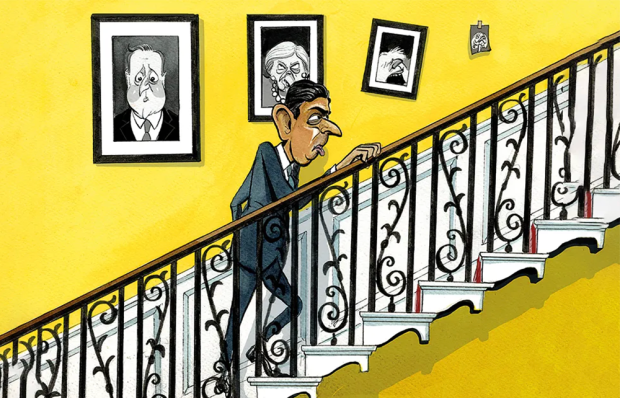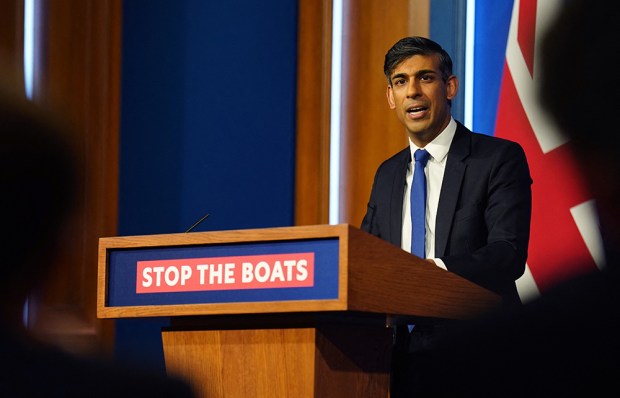Should the name of Dominic Cummings ever make it into the Oxford Dictionary of National Biography, there’s one Cummings phrase our successors are sure to see. ‘Weirdos and misfits’ were what he valued. He said so in his blog, describing his preferred applicants for a job with his team at No. 10.
I like the phrase. Such misfits can so often light the pathway where more timid minds and characters lose their nerve or their way. Cummings has always valued disruptors; always railed against Orwell’s ‘groupthink’; always rated the kind of people who question the conventional wisdom, the nostrums of the hour. And good for him. He’s one of them, and we need such people.
Cummings appears, however, to have overlooked the presence in Downing Street of an eminent example of what he sought: a weirdo and misfit if ever anyone deserved the name. As Covid-19 struck there was, right at the heart of government, a man prepared to challenge the gathering consensus about how to tackle the spread of a virus that might (or might not) turn into a deadly pandemic.
That man was Cummings’s boss. Assuming we believe the account Cummings offered the parliamentary select committee last week, Boris Johnson refused to panic. He took his own counsel. He may well have felt that he was keeping his head when all around him were losing theirs. He did not accept that we knew enough to be sure the greatest plague in almost a century was on its way. In early March last year, as scientists squawked, commentators wailed and the general public started locking down voluntarily, Johnson urged hesitation, preferred to wait and see for a week or two. In the cockpit of the nation, then, there sat Dom’s favourite kind of freak: an inveterate disruptor who was not cowed by the mob.
But this was only the beginning of Johnson’s campaign of consensus-defying disruption. As it became apparent that this coronavirus really was deadly, really did spread fast and really was going to kill people in large numbers, the Prime Minister (reports Cummings) still bridled at the conclusion reached by most MPs, the Whitehall mandarinate, the Health Secretary and the overwhelming majority of the great and the good. ‘Let the bodies pile high’ (Cummings claims) was the PM’s response to calls to shut down the economy for a third time to slow the virus’s spread.
Johnson did not, by that, mean this was a desirable outcome: he meant (using foolish hyperbole) that the higher casualties that would result from a less draconian lockdown were a price worth paying in order to protect the national economy and the livelihoods of ordinary citizens. Weirdo? Misfit? Those of us who took a similar view at the time will recognise the catcalls — ‘covidiot’, etc — but the Prime Misfit was not cowed. As the second lockdown began in the autumn he again took his own counsel, and rejected calls for a ‘circuit breaker’ for England. And when groupthink groupies bayed for Christmas to be cancelled, Johnson stuck to his guns till the very last minute.
As this magazine argued in its leading article last week, consensus-challenging can cut both ways. Has Cummings (The Spectator implied) the irony or self-awareness to recognise that? Does his admiration for those who stand out against the crowd and think for themselves extend to situations when he himself is part of that crowd, and the individual thinking for himself is thinking things Cummings doesn’t think?
Rewinding to a period when it seemed events could have gone in a number of different directions, we are all (Cummings is no exception) in danger of assuming it was obvious at the time how to proceed. The expression ‘herd immunity’ has become a sort of boo-phrase, but in fact this is the strategy the UK and most European countries have adopted. We have not (unlike New Zealand and Australia) attempted to seal ourselves off from the arrival of the virus: that strategy brings its own problems, and was anyway hardly available to a Piccadilly Circus of a country like Britain, except with ruinous consequences. Instead, we tried to slow the spread, hopefully until a vaccine was discovered. The immunity conferred by such a vaccine would speed us to herd immunity the easy way, as it is now doing. But we had no guarantee, indeed no reason to believe, the vaccine would come as early as it did, or at all. Had it not, the disease would still be spreading, and herd immunity the hard way would in the end have been our fate.
In these circumstances, and early on, it was not outrageous, indecisive or stupid of Johnson to put himself on the side of those worrying more rather than less about the economy. Nor was it outrageous, indecisive or stupid for Cummings to side with those for whom slowing the spread outweighed other considerations. Policymaking is often more like a court of law, with prosecution and defence counsel slugging it out, than it is like an academic symposium. The contest can be unedifying to watch — which is why it’s often best conducted in private — but nobody in this process is necessarily stupid, nobody is necessarily acting in bad faith, and Johnson was far from being crazy (as Cummings implies) to admit frankly (and privately) that prioritising the economy would result in a higher casualty rate than prioritising windbreaks against the virus. That was an honest if ill-considered framing of the decision government had to take.
I’d have thought Cummings might value honest if ill-considered descriptions of policy choices. He rather specialises in them himself. We need candour. We need mavericks. And yes, we need weirdos and misfits. It takes one to know one, and in unwisely appointing Dominic to be his chief policy adviser, the PM undoubtedly recognised and appreciated the freaky genius in Cummings. Dominic, it seems, has not returned the compliment.
Got something to add? Join the discussion and comment below.
Get 10 issues for just $10
Subscribe to The Spectator Australia today for the next 10 magazine issues, plus full online access, for just $10.
You might disagree with half of it, but you’ll enjoy reading all of it. Try your first month for free, then just $2 a week for the remainder of your first year.















Comments
Don't miss out
Join the conversation with other Spectator Australia readers. Subscribe to leave a comment.
SUBSCRIBEAlready a subscriber? Log in